Custom Injection Molding in Building and Construction
-

PVC-U Pipe Fittings with Brass
-
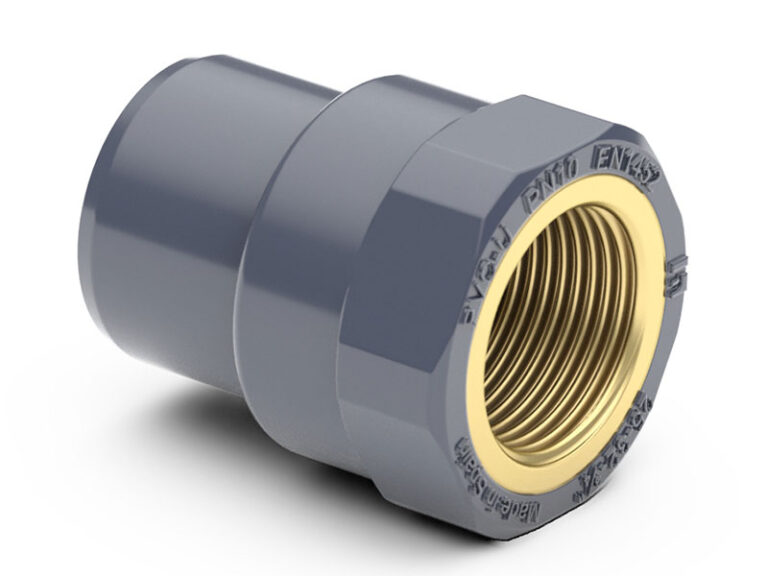
PVC-U Pressure Fitting Female
-
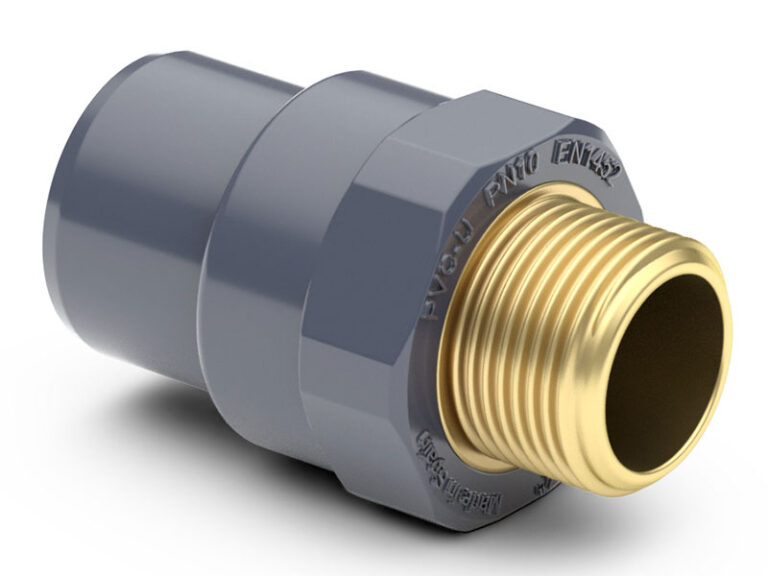
PVC-U Pressure Fitting Male
-
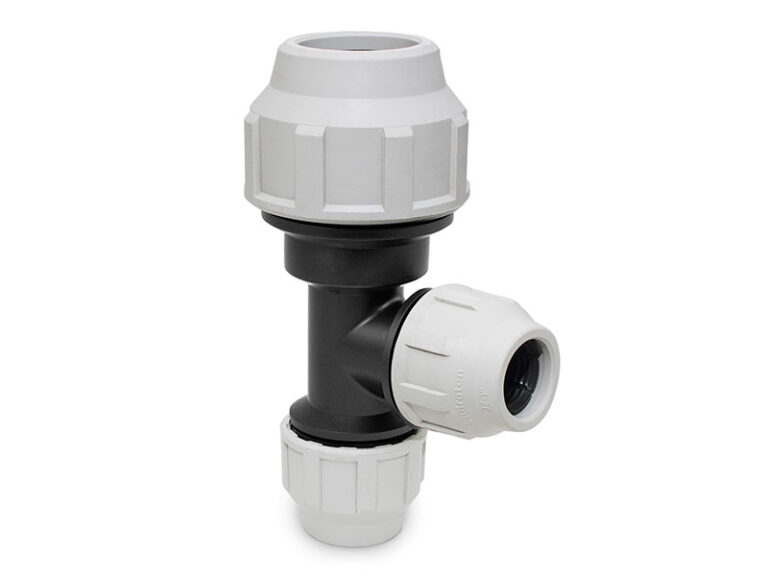
PP Compression Fitting
-

Plastic-Polymer M3 Screws
-

Plastic Phillips Cross Pan Head Screws
-

PVC Polyvinyl Chloride Fasteners
-

Socket-Cylinder Head Cap Screw
-

Simple Waves Roof Trim
-

Anchor and Rope Roof Trim
-

Sea Horse Design Plastic Window Shutters
-

Surfboard Design Plastic Window Shutters
Custom Injection molding has become an essential manufacturing process across various industries, and the building and construction sector is no exception. With the ability to produce high-quality, durable components in large volumes, custom injection molding is a critical technology in the creation of many construction-related products. As the demand for efficient, durable, and cost-effective building materials rises, plastic injection molding is increasingly used to produce parts for infrastructure, residential, commercial, and industrial projects.
The process involves melting plastic resins and injecting them into a mold, where the material cools and hardens into the desired shape. This allows manufacturers to produce complex components with precision, making injection molding an ideal solution for the construction industry, where both durability and efficiency are paramount.
From pipes and insulation materials to fixtures and fasteners, custom injection molding is utilized in a wide range of construction applications. It provides the flexibility needed to meet stringent requirements for safety, durability, and sustainability. As environmental concerns grow, innovations in plastic materials and the ability to recycle injection-molded products are also making this process an eco-friendly option for construction projects around the world.
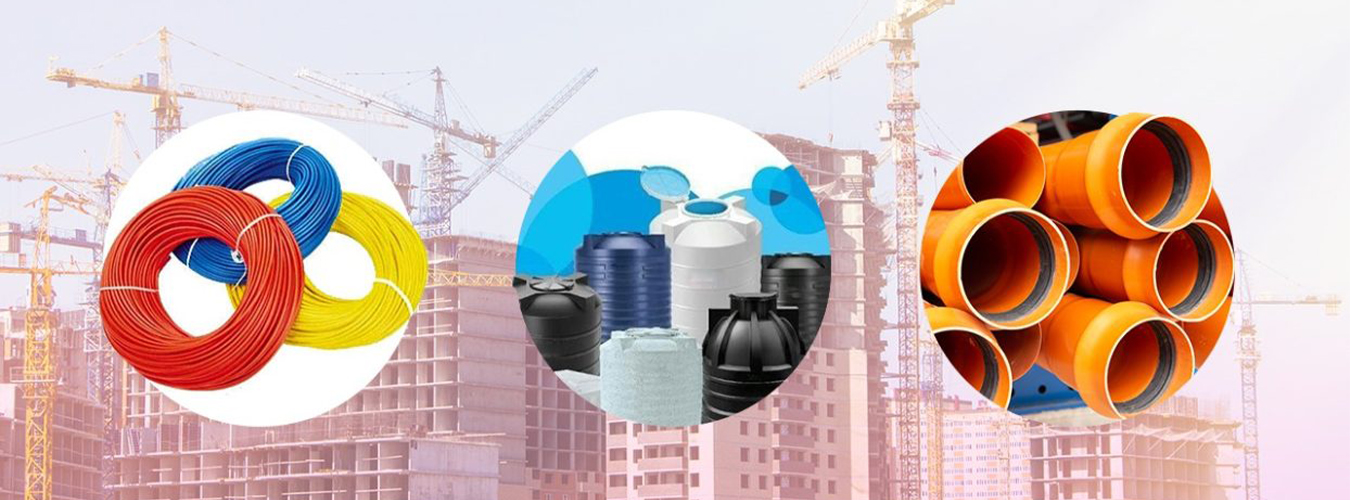
Advantages of Custom Injection Molding in Building and Construction Applications
When it comes to construction, the demand for materials that are both versatile and durable is high. Custom injection molding offers several key advantages that make it a preferred choice for producing construction components. Here’s why plastic injection molding is gaining prominence in this industry:
Cost Efficiency
One of the primary benefits of injection molding is its cost efficiency. The process allows for the mass production of components at a relatively low per-unit cost. Once the molds are created, the cost of producing additional units decreases significantly. This makes it ideal for large-scale construction projects that require uniform parts in high volumes.Material Versatility
Custom injection molding supports a wide range of materials, including thermoplastics, thermosetting plastics, and elastomers. This versatility allows construction companies to choose materials that meet their specific needs, whether for strength, flexibility, resistance to weather, or insulation properties.Precision and Consistency
The high precision of plastic injection molding ensures that each component produced is identical to the original design specifications. This consistency is crucial in construction, where even slight variations in parts can lead to significant issues during assembly or use.Durability and Strength
Injection-molded components are known for their strength and durability. They can be designed to withstand the harsh environmental conditions often encountered in construction, such as extreme temperatures, moisture, and UV exposure. This makes them suitable for both interior and exterior applications.Time-Saving and Efficient
Because injection molding allows for rapid production of parts, lead times are shortened, enabling construction projects to progress faster. Moreover, the ability to integrate various components into a single part can reduce the need for complex assembly on-site, further speeding up construction timelines.Sustainability
With advances in recyclable plastics and eco-friendly materials, custom injection molding is becoming a more sustainable choice. Injection molding processes can also minimize material waste, and scrap materials can often be recycled, aligning with the growing push for greener construction practices.
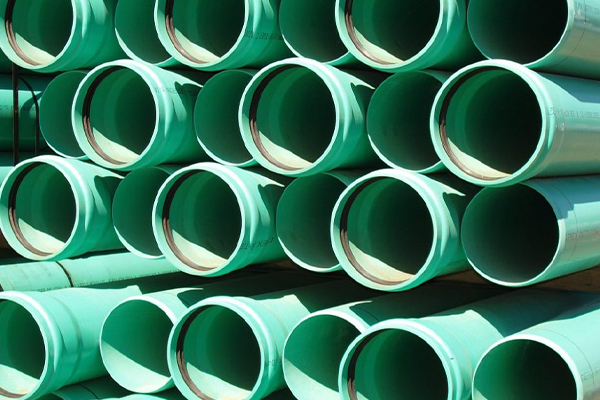
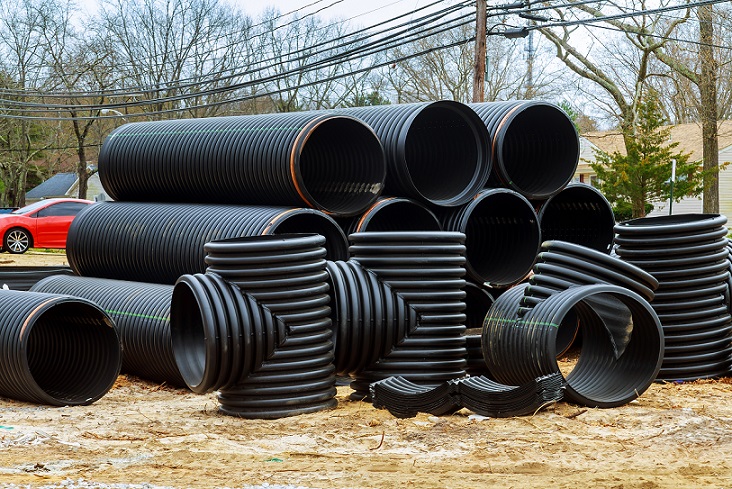
LXL Molding's Experience in Custom Injection Molding
At LXL Molding, we bring over 27 years of expertise in custom injection molding, offering solutions that are tailored to the unique requirements of the building and construction industry. Our extensive experience in producing high-quality, durable, and precision-engineered plastic components has positioned us as a trusted partner in this space.
Our team of experts collaborates closely with clients to develop solutions that meet stringent construction standards and regulations. Whether it’s designing prototypes for new construction products or mass-producing essential components, we leverage state-of-the-art technology to ensure the best results.
In addition to plastic injection molding, we offer a range of complementary services, such as 3D printing and CNC machining, that allow us to provide fully integrated manufacturing solutions. Our commitment to innovation and quality has allowed us to serve a diverse clientele in the construction sector, providing components for everything from small residential projects to large-scale infrastructure developments.
Our supply chain management capabilities ensure that we not only produce high-quality parts but also help streamline the entire process—from sourcing materials to assembling, storing, and shipping finished products. This one-stop OEM service enables our clients to focus on what they do best—building—while we handle the complexities of production.
Specific Applications of Injection Molding in Building and Construction
The versatility of custom injection molding makes it ideal for a wide range of applications in the building and construction sector. Here are some specific areas where plastic injection molding is used:
Piping and Conduit Systems
Injection-molded plastic pipes and conduits are lightweight, corrosion-resistant, and easy to install, making them a popular choice for plumbing, electrical, and drainage systems.Insulation Components
Molded plastic components are often used in thermal and acoustic insulation systems, providing effective solutions for temperature control and soundproofing in buildings.Construction Fasteners and Connectors
From plastic clips and anchors to grommets and ties, injection-molded fasteners are essential for various construction tasks, offering durability and resistance to environmental stress.Window and Door Frames
Injection-molded plastic window and door frames are lightweight, weather-resistant, and offer excellent insulation properties, making them a popular choice for energy-efficient buildings.Roofing and Cladding Materials
The durability and flexibility of injection-molded plastics make them suitable for roofing and exterior cladding applications, where resistance to weather and UV rays is essential.Decorative Trim and Molding
Custom-molded plastic trim and molding are used for both functional and aesthetic purposes in interior and exterior construction, providing a cost-effective alternative to traditional materials like wood or metal.Utility Covers and Boxes
Plastic injection-molded utility covers and boxes provide a weatherproof, durable solution for electrical outlets, switches, and other utility installations.
Let’s Build the Future Together
Are you ready to take your construction project to the next level with custom injection molding? At LXL Molding, we have the experience, technology, and commitment to help you create high-quality, durable plastic components that meet your exact specifications. Whether you’re looking to develop new products or need a reliable manufacturing partner for mass production, we are here to support you every step of the way.
Contact us today for a consultation or send us an enquiry to learn more about how our plastic injection molding services can benefit your construction projects. Let us work together to bring your ideas from concept to reality, ensuring that your project is completed on time and within budget.

